It is often said that any outsider who claims to fully understand the rivalries among the various factions in the Balkans doesn’t understand the Balkans.
The same could be said for the state of UK politics right now.
While Boris Johnson put his party’s poor performance in England during the recent local elections down to the fact that we’re in mid-term of his premiership, the contrast with what happened in Scotland was stark.
The SNP continues to dominate here, having gained further seats and increasing their share of the popular vote. This is a remarkable achievement, given the fact that they, too, are in mid-term and have been in power at Holyrood for 15 years now.
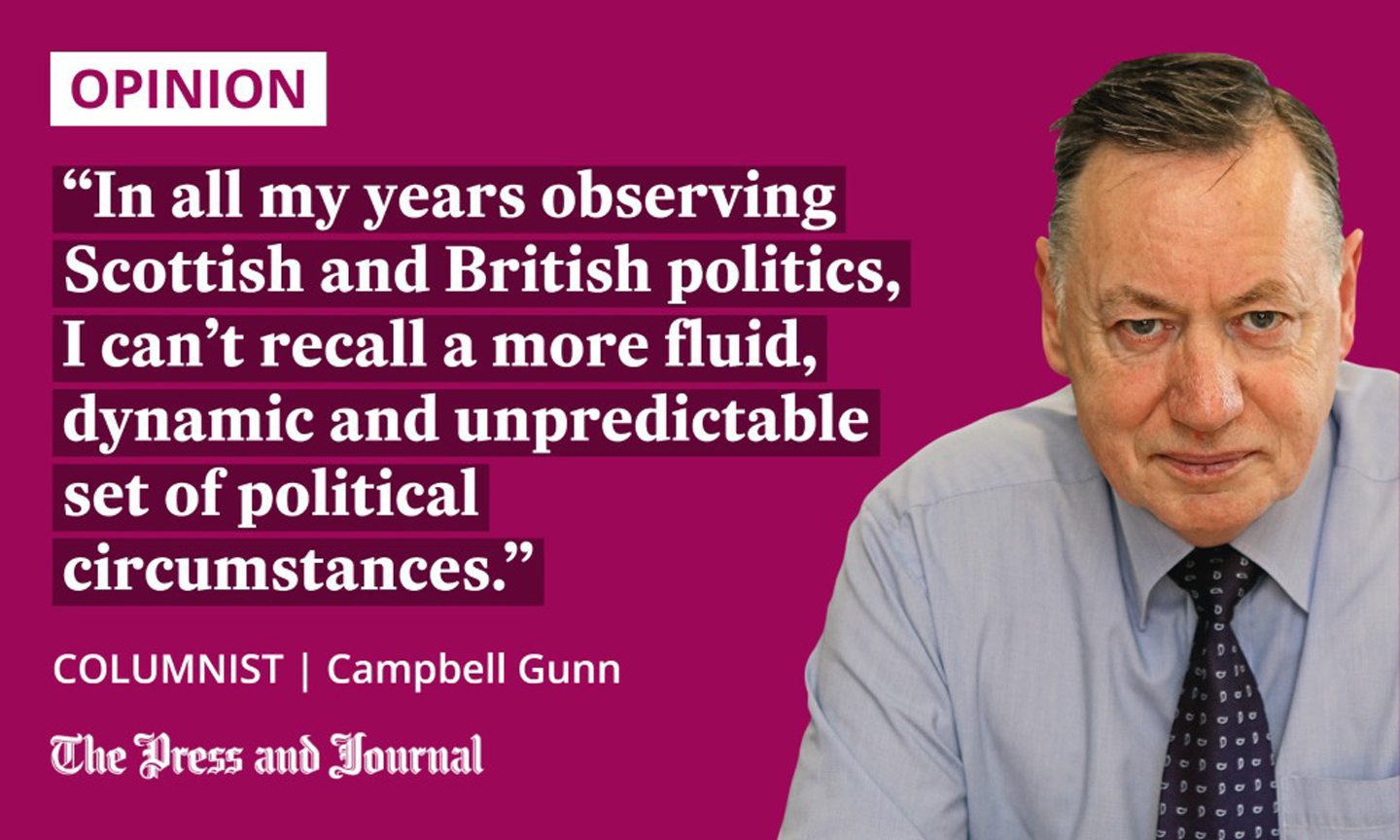
For Labour, while their gains in England were relatively modest, it should be remembered that changes in seats were in comparison to 2018, when they did well, and the fabled “Red Wall” was still intact. So, polling at the same level, or even increasing their vote in those Red Wall areas, was equivalent to real progress for Keir Starmer, and a considerable advance on their position at the last general election.
This, of course, was in addition to the remarkable gains his party made in London, taking control of places like Westminster, Wandsworth and Barnet. Labour could claim the additional bonus of taking back second place in Scotland from the Conservatives.
Will Labour forge an alliance?
However, even an overall lead of around 5% over the Conservatives in England is unlikely to provide Labour with the potential for an overall Westminster majority. For that, they really need to make inroads into the SNP’s dominance in Scotland and, on last week’s evidence, that is highly unlikely to happen any time soon.
For Labour to gain power at Westminster, it seems they would need to forge an alliance. The possibility of a coalition or even an agreement with the SNP would appear remote.
When this scenario was suggested back in 2015, it cost Ed Miliband dear, with the Tories able to deploy an effective poster showing Mr Miliband in Alex Salmond’s pocket.
The SNP’s price for any such agreement would undoubtedly be permission to hold a second independence referendum. That, I believe, would be too high a cost for Labour to accept.
Lib Dems are making the Tories nervous
That leaves the Liberal Democrats. Would they be willing to take that risk, following the unhappy fallout from their alliance with the Conservatives under David Cameron? Probably.
Given last week’s results, it seems likely that, in any forthcoming general election, the Lib Dems would take seats in places like the West Country from the Conservatives, and might be in a relatively strong negotiating position on issues such as proportional voting.
In case you missed it, something happened yesterday. pic.twitter.com/Rwx08XklzS
— Liberal Democrats (@LibDems) May 7, 2022
And, the threat of Conservative losses to the Liberal Democrats in areas such as Somerset and the south coast could also raise a real threat to Boris Johnson’s leadership. While the potential losses to Labour in the Red Wall seats may have been predictable, and factored into a possible leadership challenge, the losses to the Liberal Democrats will have come as something of a shock to the Conservatives.
So, we have the prospect of an increasing number of very nervous Tory MPs in different areas of England, looking over their shoulders, worrying about losing their seats.
Minor parties becoming more major
For the minor parties, the only successes came to the Greens – particularly in Scotland, where they took some votes from the SNP. Elsewhere, while failing to make any real breakthroughs, their growing electoral influence was evident.
Of the major parties, the Conservatives were the undoubtedly big losers across the entire UK
Other smaller parties did badly, and it is difficult to see where Alex Salmond’s Alba Party goes from here. Their attempts to woo disaffected independence supporters from the SNP have now failed at two successive elections, and Mr Salmond may require a fundamental rethink of his tactics.
Of the major parties, the Conservatives were the undoubtedly big losers across the entire UK. Their strategists will now be discussing how much of the electorate’s disillusionment was simply due to a mid-term election, the fallout from Brexit, the rocketing cost of living, or partygate.
All four would certainly have come into play, though I am in no doubt that Boris Johnson’s behaviour during lockdown and his denials of any wrongdoing, when it was crystal clear to the entire country that he had broken the law, was by far the overriding factor in many voters’ minds.
The Sinn Féin team are at Stormont today.
We are ready to form the Executive immediately.
It’s time to get to work, to put money in the pockets of workers and families to deal with the cost-of-living crisis, and start to fix our health service. pic.twitter.com/waOUqcvNbe
— Sinn Féin (@sinnfeinireland) May 9, 2022
We now face possible challenges to the prime minister’s leadership, followed by the SNP’s plans for a second independence referendum. Then we have the prospect of a united Ireland, raised by Sinn Fein’s success.
In all my years observing Scottish and British politics, I can’t recall a more fluid, dynamic and unpredictable set of political circumstances. Who’d have thought local elections could be so momentous?
Campbell Gunn is a retired political editor who served as special adviser to two first ministers of Scotland, and a Munro compleatist
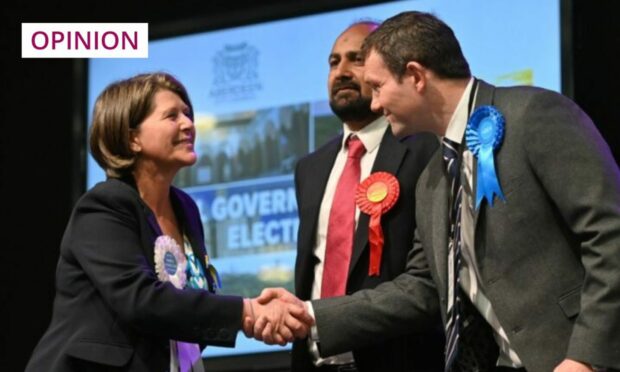

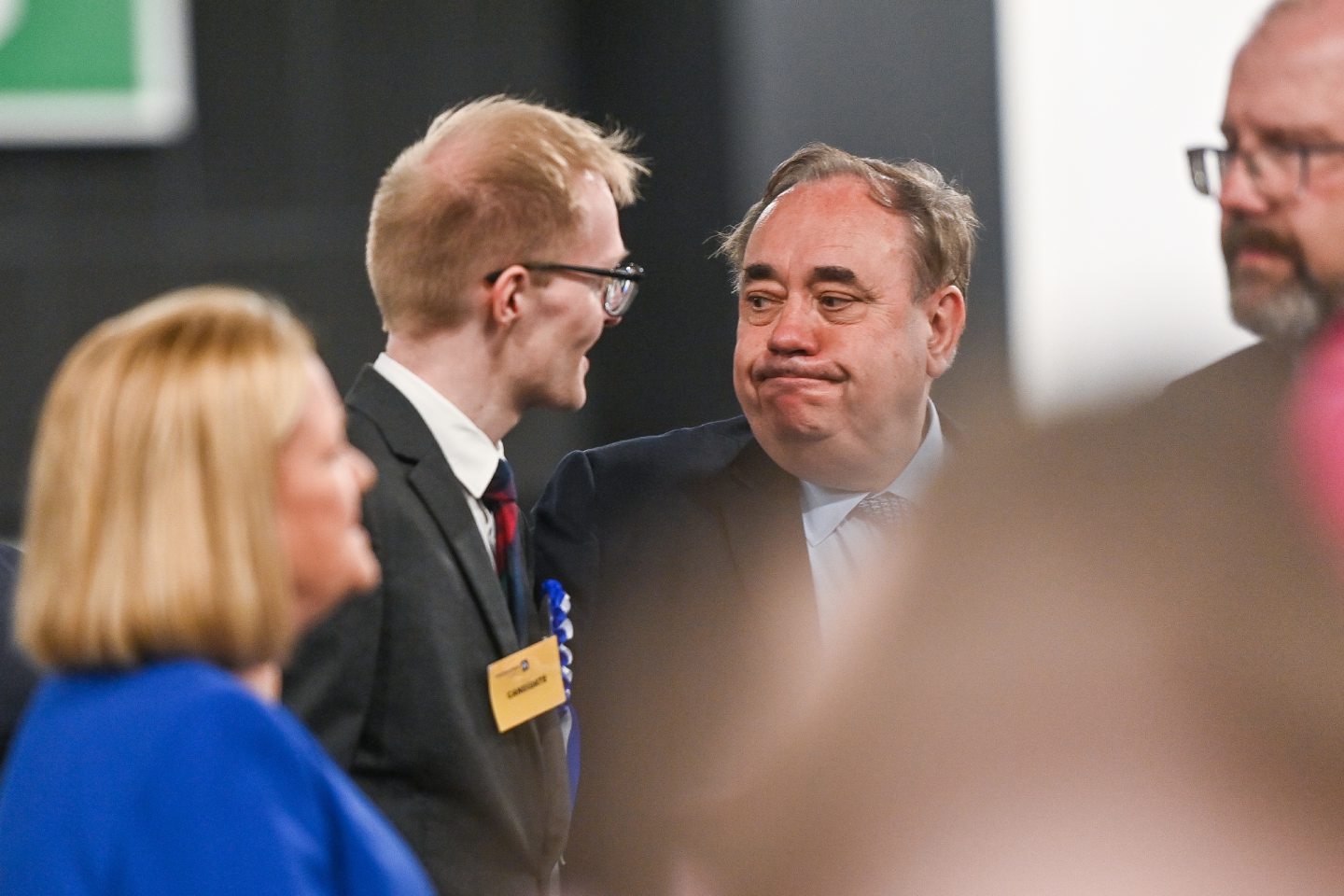
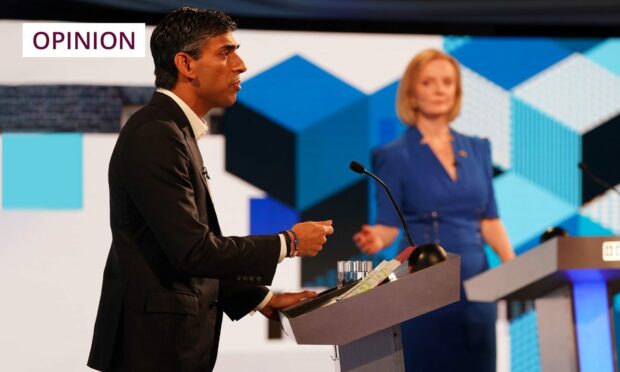
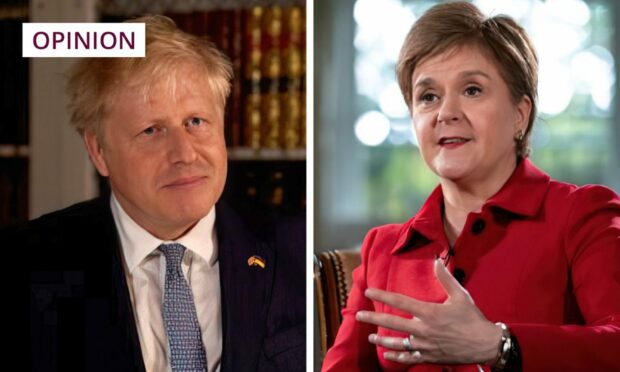
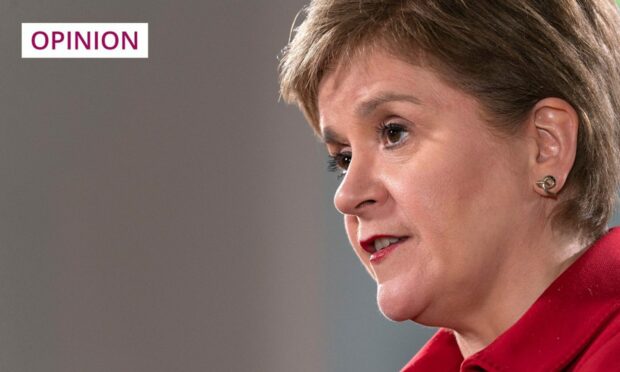


Conversation